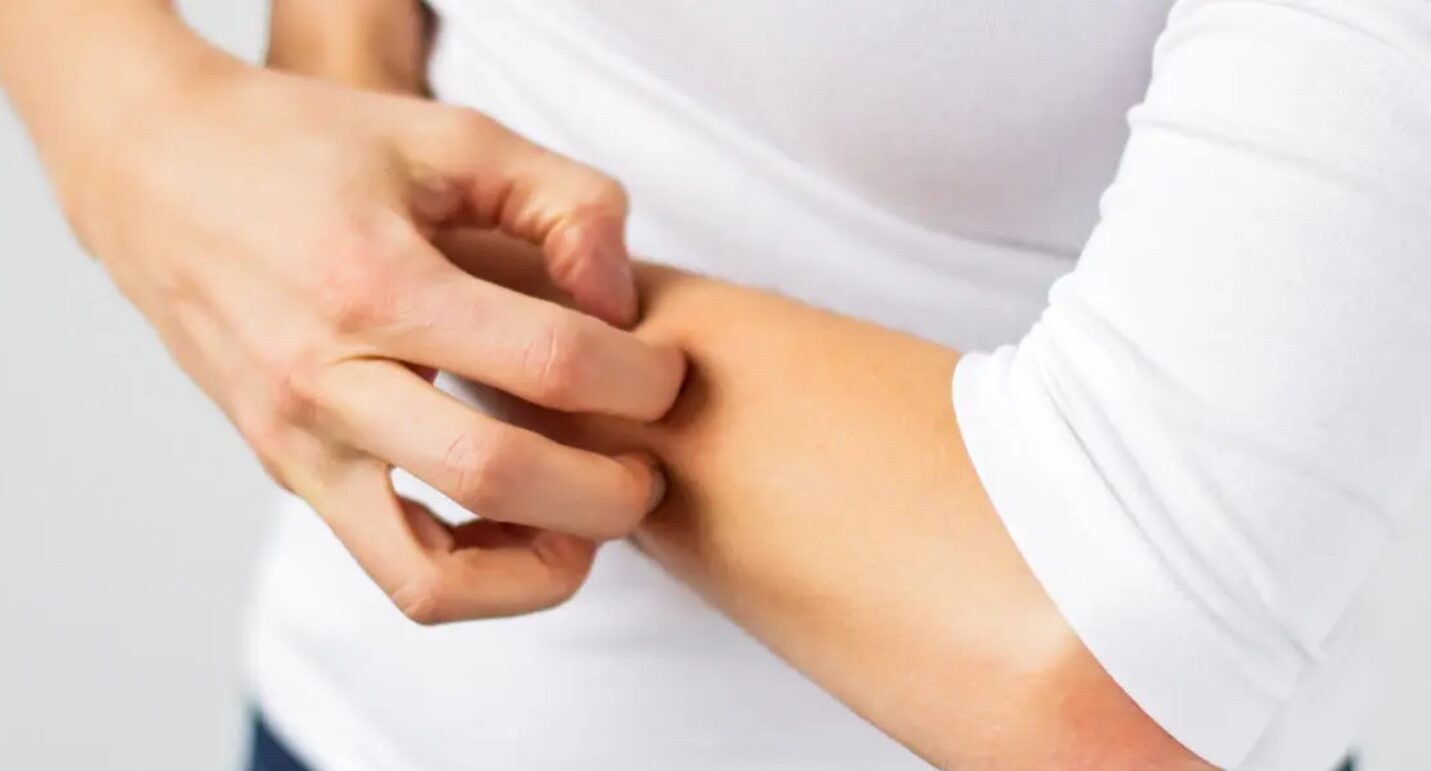Calls for Ukraine
Calls for Europe
Calls for USA

A new study reveals the dual nature of scratching itchy areas: although it can exacerbate skin inflammation, it can also boost immune defenses against bacterial infections at the site of injury. The findings shed light on a pharmacologically targeted pathway to explain how scratching triggers inflammation and resolve the paradox of scratching being both a harmful pathological process and a beneficial evolutionary adaptation.
Scratching is a natural, instinctive response to the sensation of itching, and it plays a major role in many skin conditions and injuries, such as dermatitis and insect bites, where chronic itching can be a major source of discomfort. Scratching can exacerbate the problem by promoting inflammation in a self-replicating itch-scratch cycle, where scratching increases itching and can exacerbate the damage.
However, in contrast to pain, which normally elicits an aversion response, scratching can be pleasurable, suggesting that it may provide some adaptive benefit. However, the mechanisms by which scratching promotes skin inflammation and whether the scratching reflex provides any benefit to the host remain poorly understood. Using a novel genetically modified mouse model, Andrew Liu and colleagues examined how eliminating the function of itch-sensing neurons called nonpeptidergic 2 (NP2) affects the relationship between itching, scratching, and inflammation.
Liu and colleagues found that scratching activates pain neurons that secrete substance P (SP), which stimulates mast cells to increase inflammation, mainly by attracting neutrophils. However, while scratching can exacerbate problems such as dermatitis, it can also help the host’s immune defense by reducing bacteria such as Staphylococcus aureus during infections. Furthermore, scratching can influence the skin microbiome at the site of injury, potentially preventing microbiota imbalance, although chronic conditions such as atopic dermatitis make this more difficult.
According to the authors, the findings suggest that skin scratching serves as both a pathological driver of inflammation and an evolutionary defense mechanism against infections. “In addition to identifying a previously unidentified itch-pruritus neuroimmune circuit, the results of Liu and colleagues’ study may lay the groundwork for discoveries that will help people who suffer from chronic itch,” the researcher writes in an article in Perspective journal.
Please rate the work of MedTour
